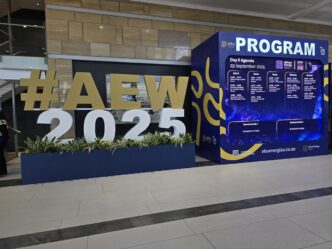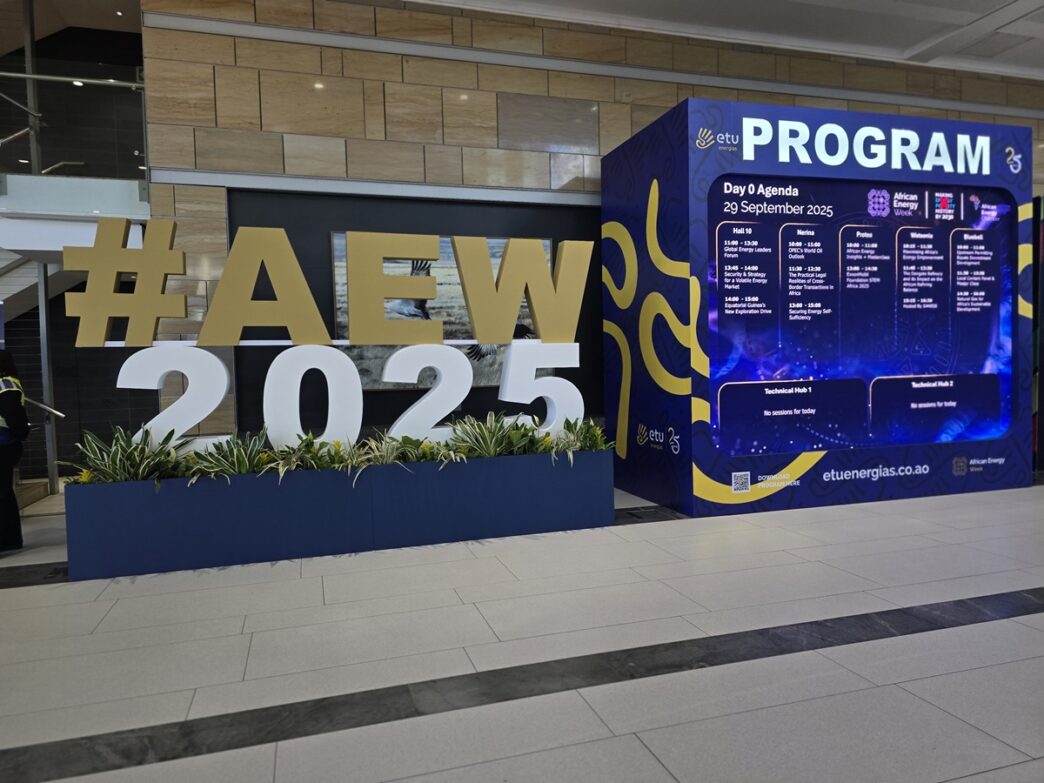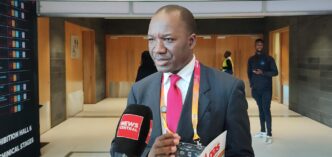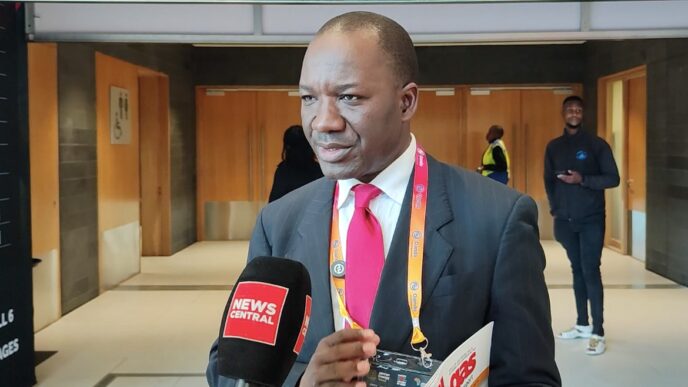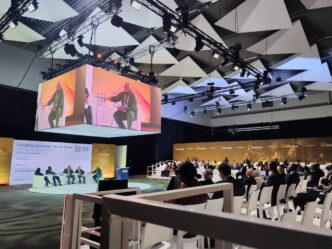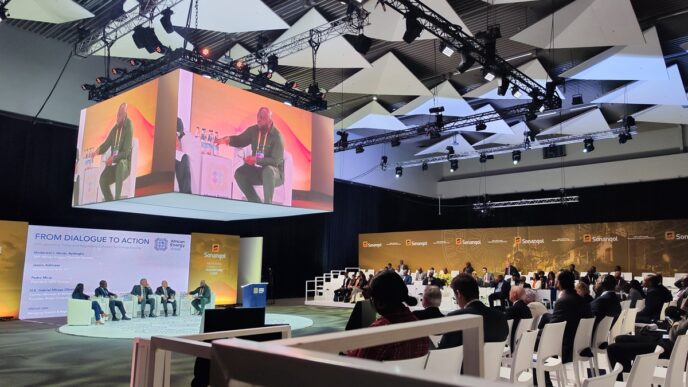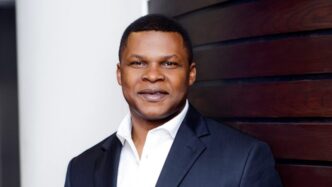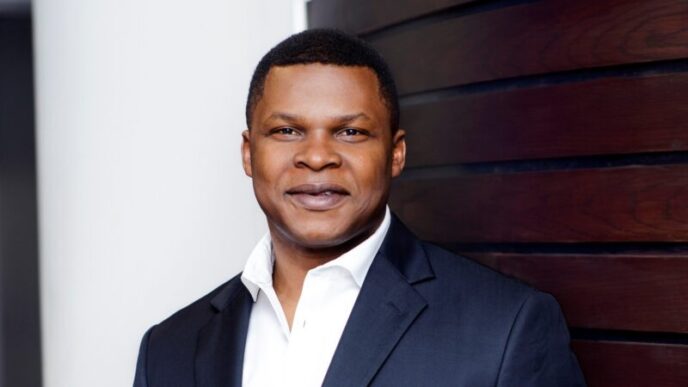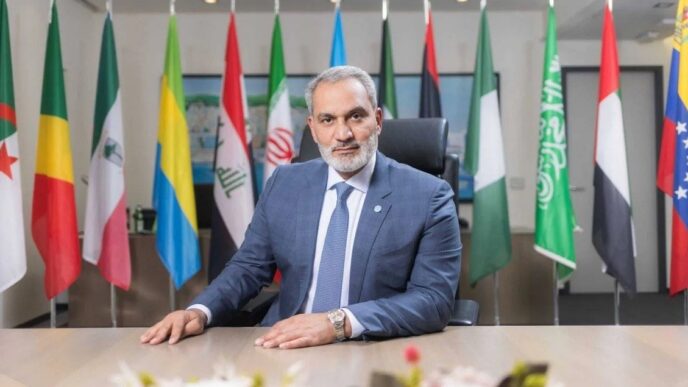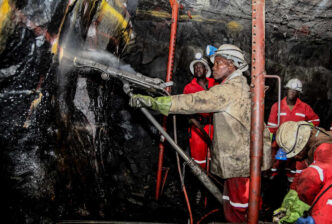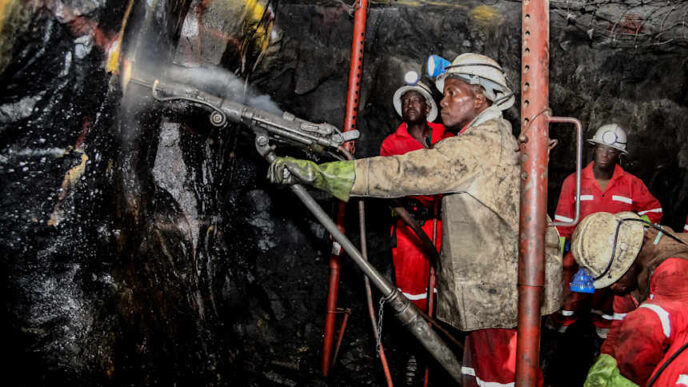The corridors of the Cape Town International Convention Centre (CTICC) are once again the centre of global energy diplomacy this week. The fifth annual African Energy Week (AEW) 2025 starts with a clear, direct goal: “Invest in African Energies: Positioning Africa as the Global Energy Champion.” The gathering, which runs from September 29 to October 3, is expected to attract over 7,000 participants from more than 100 countries. It serves as the continent’s leading platform for making deals and shaping policy in the energy sector.
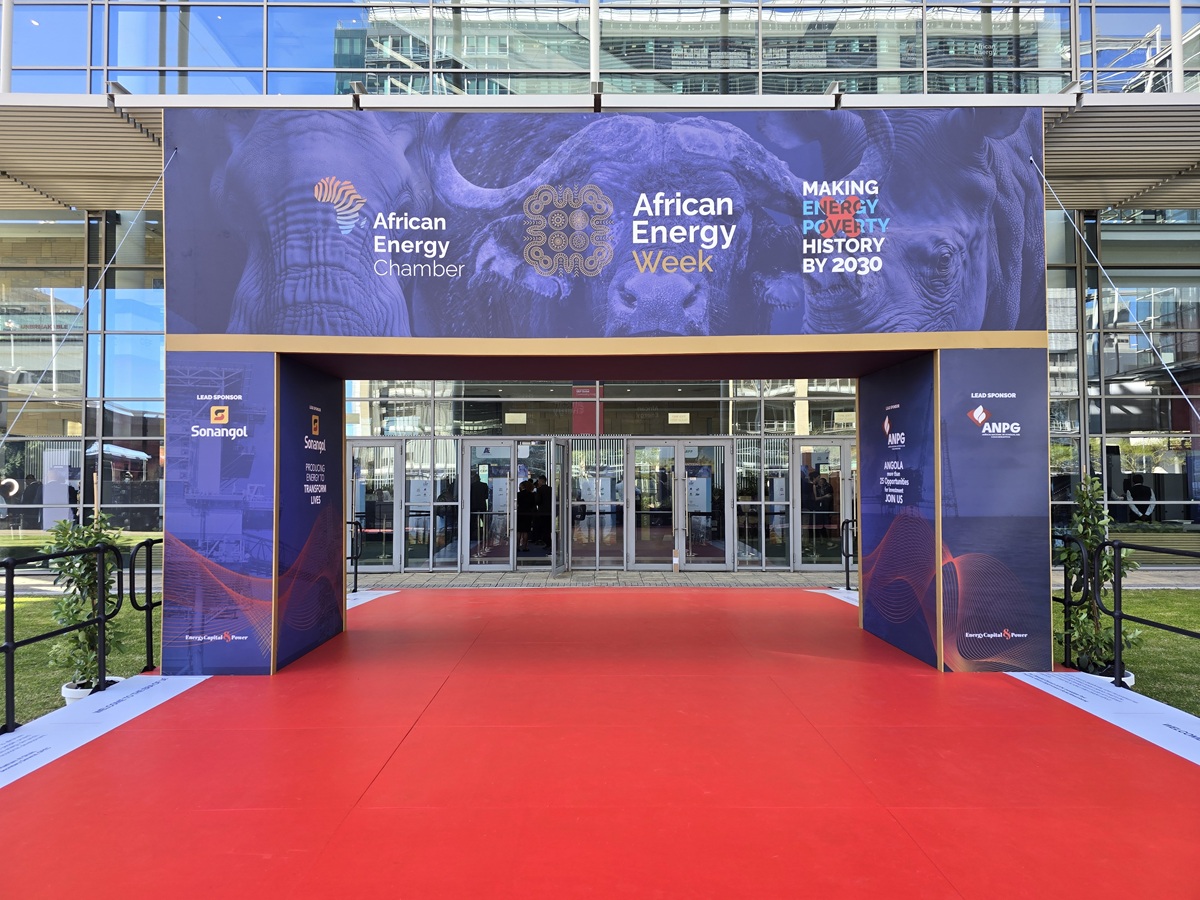
This year’s agenda marks a notable shift from merely discussing potential. It focuses on actively pursuing practical, African-led solutions to the continent’s significant energy access deficit. The 2025 summit stands out because it emphasises deal structuring and the direct integration of the entire energy supply chain. First-day conference activities are mainly aimed at closing financial and technical gaps. They feature the exclusive Global Energy Leaders Forum, which brings together G20 nations, and the African Farmout Forum, a strategic marketplace for blocks and acreage. This strong early focus on deals—including Equatorial Guinea’s official launch of its 2026 Licensing Round—shifts attention from high-level discussions to immediate upstream development. Workshops on ‘Upstream Permitting Equals Downstream Development’ and the practical implications of the Dangote Refinery’s impact highlight a maturity in the debate. They recognise that exploration is pointless without the necessary infrastructure and market integration.
Beyond oil and gas, the 2025 program has intensified the conversation around local ownership and regional integration, reflecting a more assertive stance on energy sovereignty. The Local Content Roundtable on Day Two is crucial. It goes beyond simple compliance and examines case studies in Nigeria, Angola, and South Africa. The roundtable aims to find strategies for local value creation and maximise stakeholder returns. Significantly, African institutions are driving the financing debate.
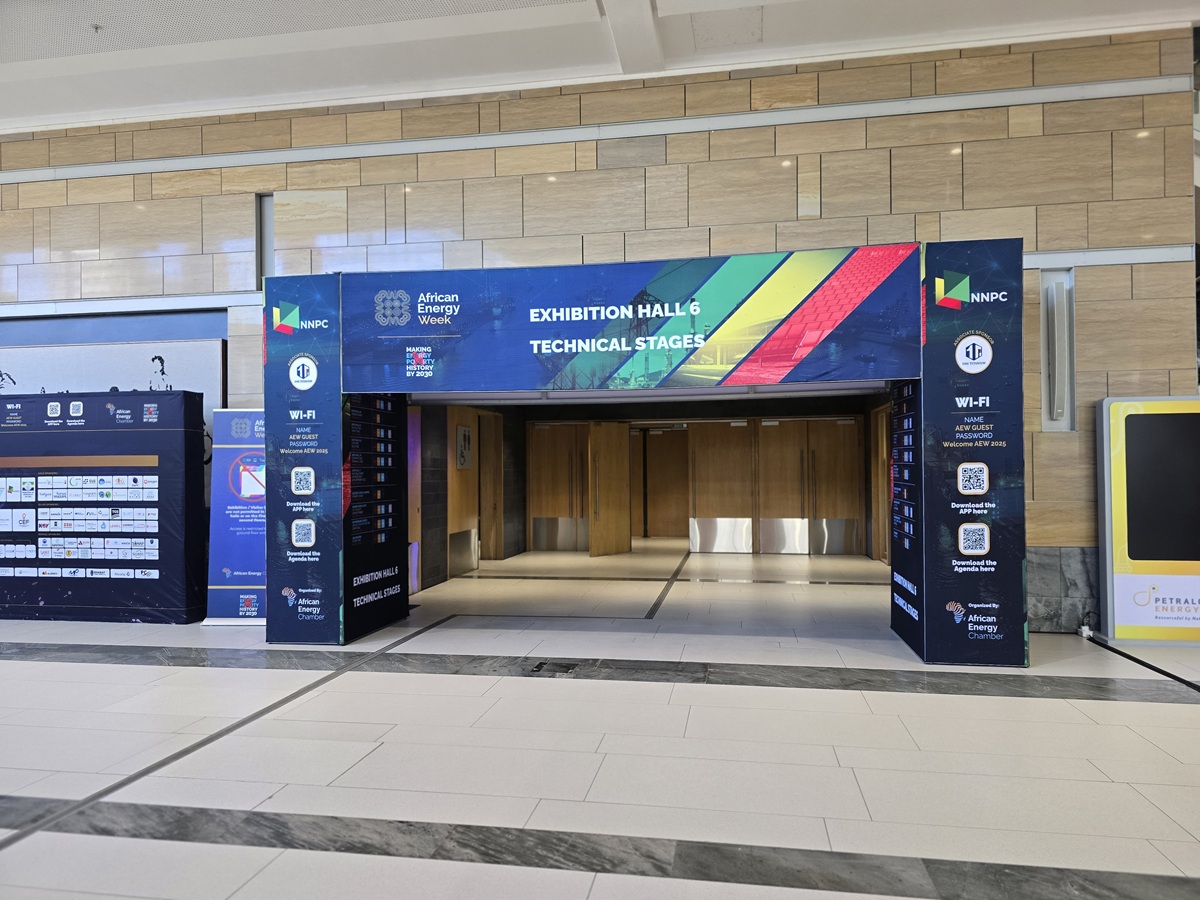
A session on the African Energy Bank Take-off emphasises the continent’s efforts to close its own financing gaps for key oil and gas projects, thereby reducing its dependence on conditional Western funding. At the same time, the conference has intentionally included emerging technologies. A panel dedicated to ‘Forging the Path for a Hydrogen Economy’ highlights Africa’s goal to become a competitive player in the green energy market, showcasing Namibia’s green hydrogen corridor alongside traditional fossil fuel development. This multi-track approach ensures that the central discussion remains focused on the political, economic, and sovereign rights of African nations to utilise all their resources to eliminate energy poverty.
AEW’s ongoing growth, marking its fifth anniversary, signals a shift in the global energy conversation. It is intentionally framed as an African-led dialogue, challenging traditional forums where the continent’s energy future is discussed without its leaders present.
The high-stakes nature of the week is shown by the presence of top-tier panellists from both African governments and the international private sector. Major players include ExxonMobil, BP, TotalEnergies, Chevron, OPEC, and the African Development Bank.
The summit’s success will ultimately be measured not by the speeches given in the Townhall, but by the real deals made in ‘The Deal Room.’ These agreements must ensure that Africa’s vast resource wealth translates into reliable energy, jobs, and development for the over 600 million people who still lack access to basic electricity. The discussions taking place in Cape Town are fundamentally about energy sovereignty. They aim to ensure that the African transition is fair and defined by African needs and ambitions.


 Trending
Trending 
